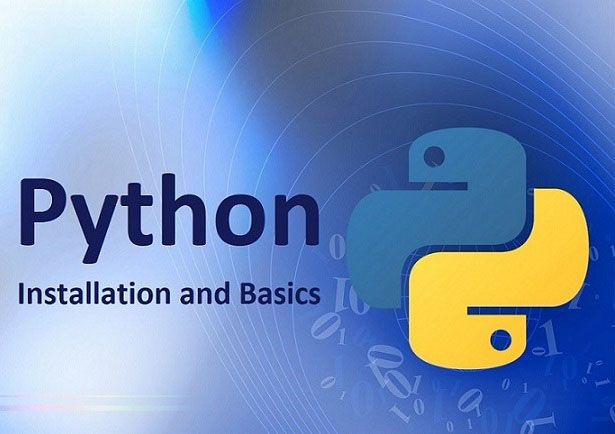ChatGPT - Extraordinary AI Chatbot
- Hussam Omari
- Jan 15, 2023
- 2 min read
Updated: Feb 4, 2023

ChatGPT is a large-scale question-answering AI model that uses deep learning techniques to communicate and generate human-like text. It can be fine-tuned for a variety of natural language processing tasks, such as language translation, question answering, and text completion.
ChatGPT is trained on a dataset of human-generated text to generate text that is similar to human writing. ChatGPT can answer questions, generate text, and complete prompts given to it by users.

The original version of ChatGPT (GPT-2) was released in 2019 by OpenAI which is an AI research and deployment company. Since then, there have been several updates to the model, including the release of GPT-3, which was released in June 2020. OpenAI continues to improve the model and release new versions.
As a large-scale language model, ChatGPT can perform a variety of natural language processing (NLP) tasks, such as text generation, text completion, language translation, question answering, text summarization, sentiment analysis, and many more NLP tasks.
ChatGPT can answer questions on a variety of topics, by extracting information from the text it was trained on. It was trained on a dataset of text from the internet, known as the "WebText" dataset. The dataset consists of a diverse range of text, including articles, books, websites, and other types of web pages. This data was used to train ChatGPT so that it can generate text that is similar to human writing, and has a wide range of knowledge on various topics.

ChatGPT is similar to human writing, such as writing a story, article, or poem. It can complete a prompt or a partially written sentence, by predicting the next word or phrase. Also, it can translate text from one language to another, summarize a long piece of text into a shorter version while retaining the main ideas, and classify the sentiment of a given text as positive, negative, neutral or mixed.
However, ChatGPT may generate incorrect or inaccurate answers and the abilities of ChatGPT are still limited to the data and tasks it was trained on; therefore, its performance may vary depending on the quality and relevance of the data and the difficulty of the task. In addition, its knowledge cut off in February 2021.
It is worth mentioning that ChatGPT is able to generate programming codes by just sending a simple request about what you need the code to do and the required programming language; including Python, Java, JavaScript, C++, C#, PHP, Lua, Ruby, Swift, Kotlin, Scala, and Shell.

According to OpenAI, ChatGPT is not an expert in all programming languages, but it can assist with general syntax and concepts for most of them. Therefore, OpenAI has created OpenAI Codex which is a natural language-to-code system based on GPT-3, helps turn simple English instructions into over a dozen popular coding languages. Codex was released in August 2022 through their API and is the principal building block of GitHub Copilot.














Comments